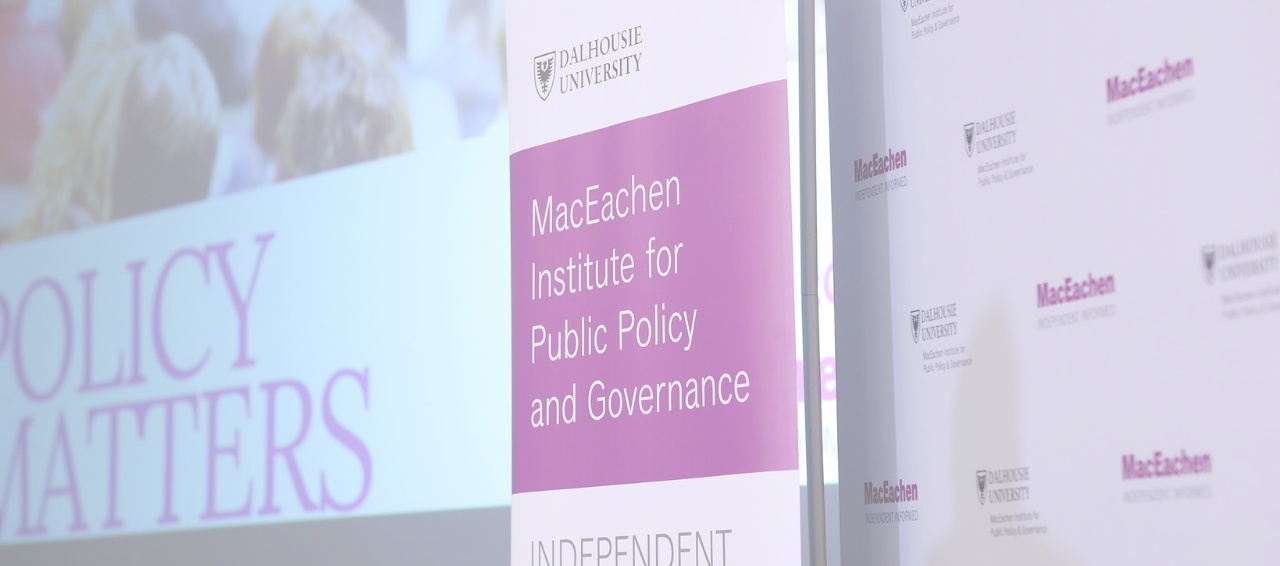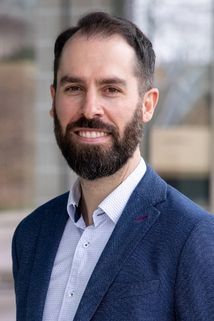No Easy Answers: The complicated and involved practice of ethics in health care during crises
Hosted in partnership with the Faculty of Medicine.
AUDIO ONLY LINK
Many of the controversial issues that emerged during the pandemic were characterized by ethical dilemmas. The role of values in healthcare provision became even more apparent. Now that the ethical foundations of health care practice have become a topic for public debate, how can a stronger understanding of how we balance ethical values and principles help us to improve health systems?
Why do we not have a national process for critical care triage? Can we depend on community solidarity during a crisis? How do we allocate limited resources and communicate various trade-offs in health care provision both during a crisis and for everyday operations? How do we secure the public’s support for these trade-offs? How do we acknowledge and respond to the moral distress that occurs during difficult times?
This panel will explore how we can use ethics to generate momentum for discussion about what matters in health care and how to achieve these important goals (i.e., with due attention to both substantive & process considerations).
About the Speakers
Bashir Jiwani
Bashir Jiwani is Lead Ethicist and Executive Director, Ethics and Diversity Services, at the Fraser Health Authority in BC. He heads a team that provides decision- and capacity-building support in patient care and at the system-level when dealing with complex, ethically challenging situations in contexts of diversity.
Bashir currently serves as President of the Canadian Bioethics Society, as a member of the pan-Canadian Advisory Panel on a Framework for a Prescription Drug List and on the Core Team for the Aga Khan University Thinking Group on Ethics, Stem Cell Science, and Regenerative Medicine. Bashir received his PhD in Public Health Sciences from the University of Alberta.
 Christy Simpson
Christy Simpson
Christy Simpson is an Associate Professor and previous Head of the Department of Bioethics, Faculty of Medicine, Dalhousie University.
She is also the Department’s Coordinator of the Ethics Collaborations Team which provides ethics support for Nova Scotia Health, IWK Health, and the Nova Scotia Health Ethics Network. Her primary responsibilities in this role include ethics education and capacity-building, policy development and review, and support for clinical and organizational ethics consultations. Christy completed her doctorate in philosophy, specializing in bioethics, in 2001.
Maxwell Smith
Maxwell Smith is a Bioethicist and Assistant Professor in the Faculty of Health Sciences at Western University. Professor Smith also co-directs Western’s Health Ethics, Law, and Policy (HELP) Lab, is the Associate Director of the Rotman Institute of Philosophy, and has appointments in the Department of Philosophy, Schulich Interfaculty Program in Public Health, and Department of Epidemiology and Biostatistics. He is a Consulting Bioethicist at Sunnybrook Health Sciences Centre and serves or has served in numerous ethics advisory roles, including with the Ontario government, Public Health Agency of Canada, and World Health Organization. His research is primarily in the area of public health ethics, with a focus on infectious disease ethics and the ethical requirements of health equity and social justice for public health policy, practice, and research.

Marika Warren
Marika Warren is an Assistant Professor in the Department of Bioethics at Dalhousie University and the Network Ethicist for the Nova Scotia Health Ethics Network.
Trained in philosophy, Marika has worked to build ethics capacity and confidence throughout Nova Scotia’s health care system. Marika has supported the health care system in its COVID response and in addressing ethical concerns related to resource allocation. Current research focuses on public engagement around health policy, developing a national approach to triage, the role of ethicists in supporting policy makers, and exploring assumptions about the “right reasons” for health care decisions.


